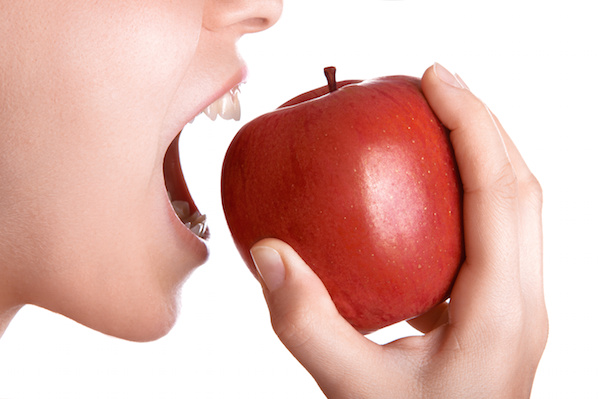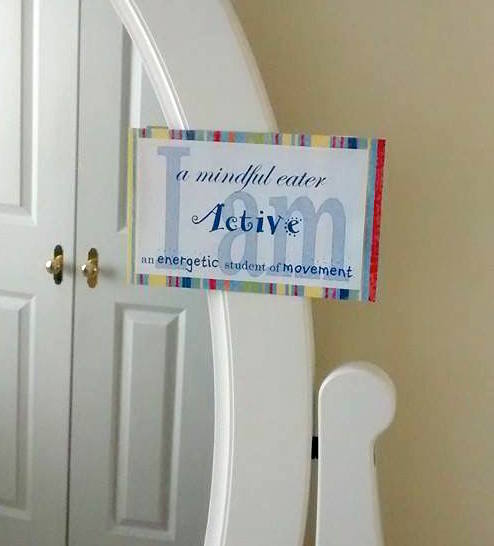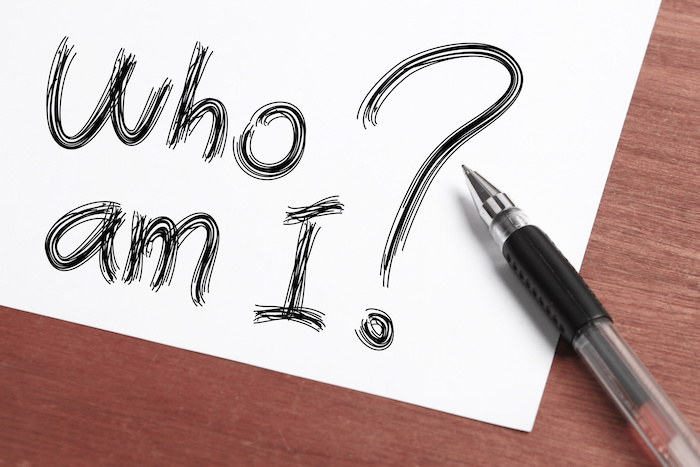What’s your self definition as it relates to your health and your lifestyle? What are the values that weigh in on the choices you make for the way you care for your body and view yourself?
Research shows that how you define yourself makes it easier to both embrace new habits and to pick up after a challenge to your routine.
Tips when creating your fitness self-identity:
- When creating your self-identity, having a coach or friend help you refine your statement can help get clarity.
- Focus on what you want to be, not what you don’t want to be.
- Your self-identity should embrace who you are today, but leave room to grow into who you want to be.
- Think with a bigger purpose, a higher calling, something worth standing up for.
- Your self definition should be so compelling that it should give you a sense that your being pulled towards you goals, rather than pushing hard to get them.
- Be specific. If you feel stuck or unmotivated, then perhaps your identity or self definition isn’t clear enough to pull you toward your goal.
- Once you’ve honed your statement, printed it out and framed it, put it somewhere where you will be reminded of it often.
Benefits from creating a fitness self-identity:
- Provides a stronghold to combat complacency and boredom
- Fortifies your determination to succeed despite obstacles
- Develops a sense of pride, ownership and achievement about what you are
- Takes the need for will power out of the equation because you’ll find it pleasurable to live up to your name.
When it comes to your fitness, there are three areas where you can define your self-identity. Take a few minutes, close your eyes and give these exercises some time. It will be well worth your time. Write something that you’d be happy introducing your self as. Whatever resonates with you (which is unique to you) will help you to define the lifestyle you are creating by making small changes that will add up over time.
Your Food Self-Identity
Consider the relationship you would like to have with food. Do you eat mostly healthy? Do you stress about food and think about it a lot, or are you more relaxed? Are you a fine diner? Or a grazer?
Consider the traits of your relationship with food, and write them down.
You may ask yourself, “How do those traits define my relationship with food?” Your goal is to create an “I am” statement that expresses these ideas as simply as possible.
Example:
My personal statement is: I am a healthy foodie.
Possible examples for you could be: “I am a carefree, healthy eater,” “I am a vegan,” “I’m a conscientious carnivore,” “I am a moderation junkie.”
Your Activity Self-Identity
How you define yourself impacts your behavior. Let’s apply this to body.
Example:
My personal self identity statement is: I am a hardcore lifter.
Possible examples for you could be: “I am an athlete,” “I am a swimmer,” or “I am a kettlebell swinger.”
Take a look how these statements are similar, but have different meanings:
”I like to run outdoors” vs. “I am a trail runner” or “I like to take yoga classes” vs. “I am a yogi.”
Your Lifestyle Self-Identity
 How you define yourself matters, and will impact your lifestyle when it comes to your body, how you treat it, and what you prioritize. Again, think of some and list them here. Now, looking at those attributes: how can those define your relationship with your body/activity? Your goal is to create an “I am” statement that encapsulates these ideas as simply as possible.
How you define yourself matters, and will impact your lifestyle when it comes to your body, how you treat it, and what you prioritize. Again, think of some and list them here. Now, looking at those attributes: how can those define your relationship with your body/activity? Your goal is to create an “I am” statement that encapsulates these ideas as simply as possible.
Example:
My personal lifestyle statement is: I am an active leader in health and fitness.
Possible examples for you: “I am a thinker,” “I am a compassionate friend,” “I am a role model, ” or “I am an adventurer.”
This is your opportunity to build a statement that expresses your bigger purpose.
Once you have taken the first shot at these exercises, run them by a friend or accountability partner. Then after honing your statement, print it out, frame it and put it somewhere where you will be reminded of it often.
Here’s a great example of the self-identity statement that I had the privilege of helping one of my clients create during the third week of my Healthy Habits Coaching Program:

With your new definitions in mind, consider challenges you might face in the future. How can your new definition help you to navigate those challenges when they arise again? Envision the circumstance, and say your definition to yourself while considering it: “I am a _________. I wonder how I will manage this?”
We delve deeper into this subject and get very up-close and personal with it during our 12-Week Healthy Habits Coaching program. For more information about my Healthy Habits Coaching Program can be found here.
Join the ForeverStrong community and discover more about yourself than you ever thought you would know!
